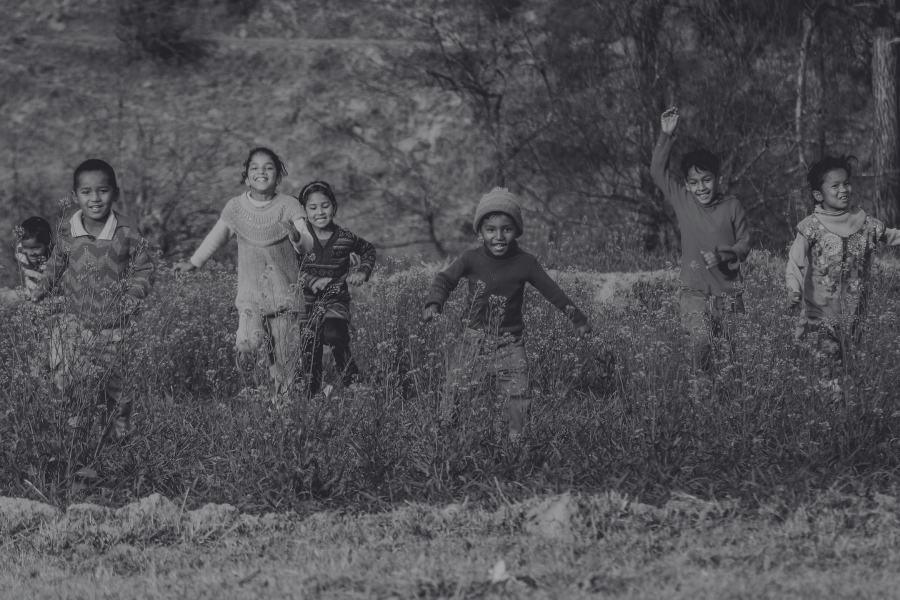
Action for Children 2025: Building Safer, Greener and Peaceful Environments
The start of each new year brings renewed hope: hope that conditions for every child born that year and the years before and after, will promote their healthy development. Yet the headlines in 2024 revealed increasing risks for children and their families, particularly young children. Most recently, in California, the contribution of abnormal weather activity to the rapid spread of wildfires has led to ongoing devastation impacting children’s air quality, shelter, and access to resources. Conflict, displacement, extreme heat, air pollution, drought and a host of other environmental risks disrupt children’s physical, psychosocial and mental development, preventing them from meeting their full potential. This has to change.

Father Involvement: A Catalyst for Transforming Gender Equity and Early Childhood Development in the Next 1000 Days
Father or male caregiver involvement is good for children and families. Caring father-child relationships in the early years are essential for children’s development and wellbeing. The recent launch of the two-part Lancet series, Early Childhood Development And The Next 1000 Days reveals that about 70% of children co-reside with their fathers. Despite the significant role that fathers play in children’s lives, parenting interventions still largely focus on mothers, particularly as it relates to the next 1000 days.

Toward a Greener and Cleaner Future: Adopting a Two-Generation Strategy for Early Childhood Development and the Environment
Neighborhoods matter for children’s development. They are places where young children play, learn, and families live their daily lives. The effects of neighborhood conditions have an impact on both the developing child and the well-being of families. For some communities, exposure to toxic chemicals in their soil, air, water, or household products have remained unattended for years. According to the 2020 report The Toxic Truth by UNICEF and Pure Earth, lead poisoning is affecting young children on a “massive and previously unknown scale.” At the same time, UNICEF, Save the Children as well as other regional (e.g. ARNEC, AfECN) and local (e.g. Fondo Acción) organizations have been documenting the risks of climate change on young children. The impacts of climate change increasingly put young children and communities at risk.

Leveraging International Day of Play to Boost Joyful Interactions Between Young Mothers and Children
Women face persistent inequities globally and during times of insecurity and crisis, young mothers (under the age of 18) are especially vulnerable. Lack of knowledge and ability to exercise rights guaranteed through policies and laws heightened by economic conditions, forced displacement, and natural disasters lead to reduced access to and control over resources that support young mothers. Added stressors due to environmental influences, physical and mental shifts particularly during the transition to adolescent motherhood impacts the quality of mother-child relationships.
